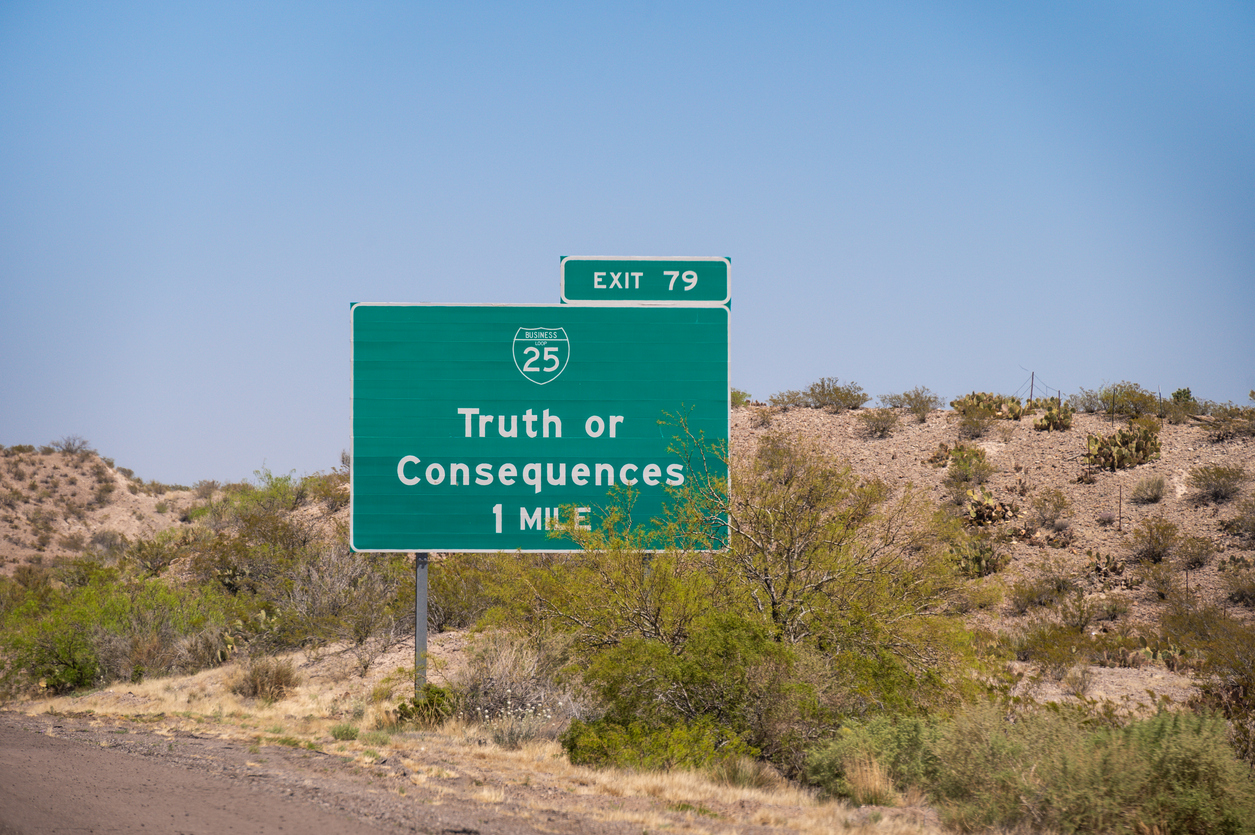
Policyholders often find themselves navigating a labyrinth of novel issues following a loss. A particularly perplexing scenario arises when a policyholder cannot locate their insurance policy, especially in the aftermath of catastrophic events like fires or tornadoes, where the physical contract might be destroyed. This situation raises critical questions: What happens when the policyholder is left without a physical copy of their insurance contract? How does the absence of the policy document impact the enforcement of contractual time limits, especially if the insurer is reluctant to provide a duplicate copy?
This blog post delves into these questions, building upon the insights from previous discussions in “Policyholders Should Fight Arbitrary Time Limitations for Replacement or Repair” and “Insurance Breakage—Why Do Insurance Regulators Approve Arbitrary Time Limits for Replacement?“ In these articles, I explored the concept of arbitrary time limits within insurance policies, highlighting how these constraints often serve as a one-way street favoring insurance companies, potentially leading to unjust windfalls. Now, we turn our attention to the implications of a missing or destroyed policy document, a situation that can significantly complicate the policyholder’s journey toward a fair settlement.
The absence of a physical policy document in the hands of the policyholder does not negate the existence of the insurance contract. Insurance policies are contracts, and like any contract, their validity is not solely dependent on the physical presence of the document. However, this does not simplify matters for the policyholder. Without the policy document, policyholders may find themselves at a disadvantage, uncertain of the specific terms, conditions, and limitations that govern their coverage. This uncertainty can be particularly challenging when dealing with time-sensitive issues, such as filing claims or meeting deadlines for repairs and replacements.
Furthermore, the situation becomes even more complex if the insurer refuses to provide a copy of the policy or lies about what the missing document says. This refusal can be seen as an obstruction to the policyholder’s right to understand and fulfill their contractual obligations. It raises questions about the enforceability of contractual time limits and the insurer’s role in potentially hindering the policyholder’s ability to comply with these limits.
The goal is to shed light on this often-overlooked aspect of property insurance disputes and provide guidance from a very peculiar insurance situation to policyholders and public adjusters who might find themselves in this frustrating situation. Here are the case facts:1
Plaintiffs were the owners of a building used by them as a confectionery store and dwelling, situated in the city of Johnstown. On July 24, 1929, defendant, by its agent at that place, J. H. Stockton, insured this building and its contents for a period of three years against loss caused by falling aircraft and also, by a rider attached to the policy, against loss caused by automobiles, motorcycles, or trucks. On August 13, 1930, a truck crashed into the building. The collision and a fire caused by the explosion of the gasoline tank of the truck resulted in extensive damage to the building and its contents….
According to plaintiffs’ witnesses, about a week after the accident plaintiffs orally notified Stockton of the loss and of their inability to find the policy, which they thought had been destroyed in the fire which followed the collision. Stockton thereupon told them that the policy covered loss by falling aircraft only, and did not cover damage caused by the collision of a truck with the building. Because of this statement, which they believed to be true, plaintiffs took no further steps at the time to prove their loss. On August 18, 1931, they found the policy in their safe deposit box, and only then discovered that it did cover the loss which had occurred. They informed Stockton at once, and, on September 8, 1931, furnished proofs of loss to him and defendant company. Defendant refused to pay, and plaintiffs thereupon commenced this action.
The policy provided that the insured should ‘give immediate notice in writing, to this company, of any loss or damage,’ and should ‘within sixty days after damage * * * render to this company a proof of loss, signed and sworn to by the insured,’ and also that no suit or action on the policy should be maintainable ‘unless all the requirements of this policy shall have been complied with, nor unless commenced within twelve months next after the loss.’ Defendant contends that the failure of plaintiffs to comply with these conditions requires that judgment…be entered in its favor.
The Supreme Court of Pennsylvania noted the law governing this situation:
It is a well-settled rule of law that a party to a contract cannot escape liability under his obligation on the ground that the other party has failed to perform a condition precedent to the establishment of such liability or to the maintenance of an action upon the contract, where he himself has caused that failure. As stated in Williston, Contracts, § 677, ‘It is a principle of fundamental justice that if a promisor is himself the cause of the failure of performance either of an obligation due him or of a condition upon which his own liability depends, he cannot take advantage of the failure.’ Thus an insurer will not be permitted to take advantage of the failure of the insured to perform a condition precedent contained in the policy, where the insurer itself is the cause of the failure to perform the condition. Our decisions have recognized and followed this principle. In Fedas v. Ins. Co., 300 Pa. 555, 151 A. 285, 286, the insurer, through its adjuster, stated to the insured that it would not pay the loss because, it claimed, the insured was criminally responsible for the fire. It was held that this act of the insurer precluded it from objecting to the failure of the insured to file proofs of loss within the time limited by the contract… ‘The utmost fair dealing should characterize the transactions between an insurance company and the insured. If the insurer, having knowledge of a loss, by any act throws the insured off his guard as to the necessity of performing some duty enjoined by the policy, the insurer should not be permitted to take advantage of the failure to act.’
The court then ruled for the policyholder:
Turning now to the facts of the instant case, we find a situation which clearly demands an application of this doctrine. It was established by clear and satisfactory evidence that Stockton told plaintiffs that their policy did not cover damage caused by trucks, but only such as might be caused by falling aircraft. This statement was one of fact, not merely one of opinion. Plaintiffs relied upon it, and their reliance cannot justly be said to have been unreasonable. Since they were unable to find their policy, plaintiffs, Italians who cannot read English, naturally accepted the statement of the agent with whom they had dealt as to the loss covered. The matter was one which under the circumstances rested peculiarly within Stockton’s knowledge, and they reasonably relied upon his positive statement as to the fact. Had it not been for Stockton’s misrepresentation of the terms of the policy, all the conditions precedent to the maintenance of this action doubtless would have been performed by plaintiffs. Upon the principle above stated, defendant is precluded from taking advantage of the nonperformance of these conditions, if it is properly to be held responsible for Stockton’s misrepresentation.
The court’s decision pivots on the doctrine that an insurer cannot escape liability if it has contributed to the failure of the insured to timely perform. This principle is not just a legal technicality; it is a manifestation of the ethical obligation that insurance companies have towards their clients. In the case discussed, the insurer’s agent, through misinformation, led the policyholders to believe that their loss was not covered. This misrepresentation, even if unintentional, had a profound impact on the policyholders’ actions and their subsequent ability to comply with the policy’s conditions.
Another lesson from this post is a reminder that insurance is not just a business transaction but a relationship built on trust and good faith. Insurers are expected to provide clear, accurate information to their policyholders, especially in times of distress when the policyholder might be vulnerable and reliant on the insurer’s expertise. Not timely providing a copy of the policy when one cannot be found is unconscionable in this day and age of electronic storage of such information.
Thought For The Day
Insurance is the only product that both the seller and buyer hope is never actually used.
—Robert Hunter, Director of Insurance, Consumer Federation of America
_______________________________________
1 Arlotte v. Nat’l Liberty Ins. Co., 312 Pa. 442, 446, 167 A. 295, 296 (1933).




